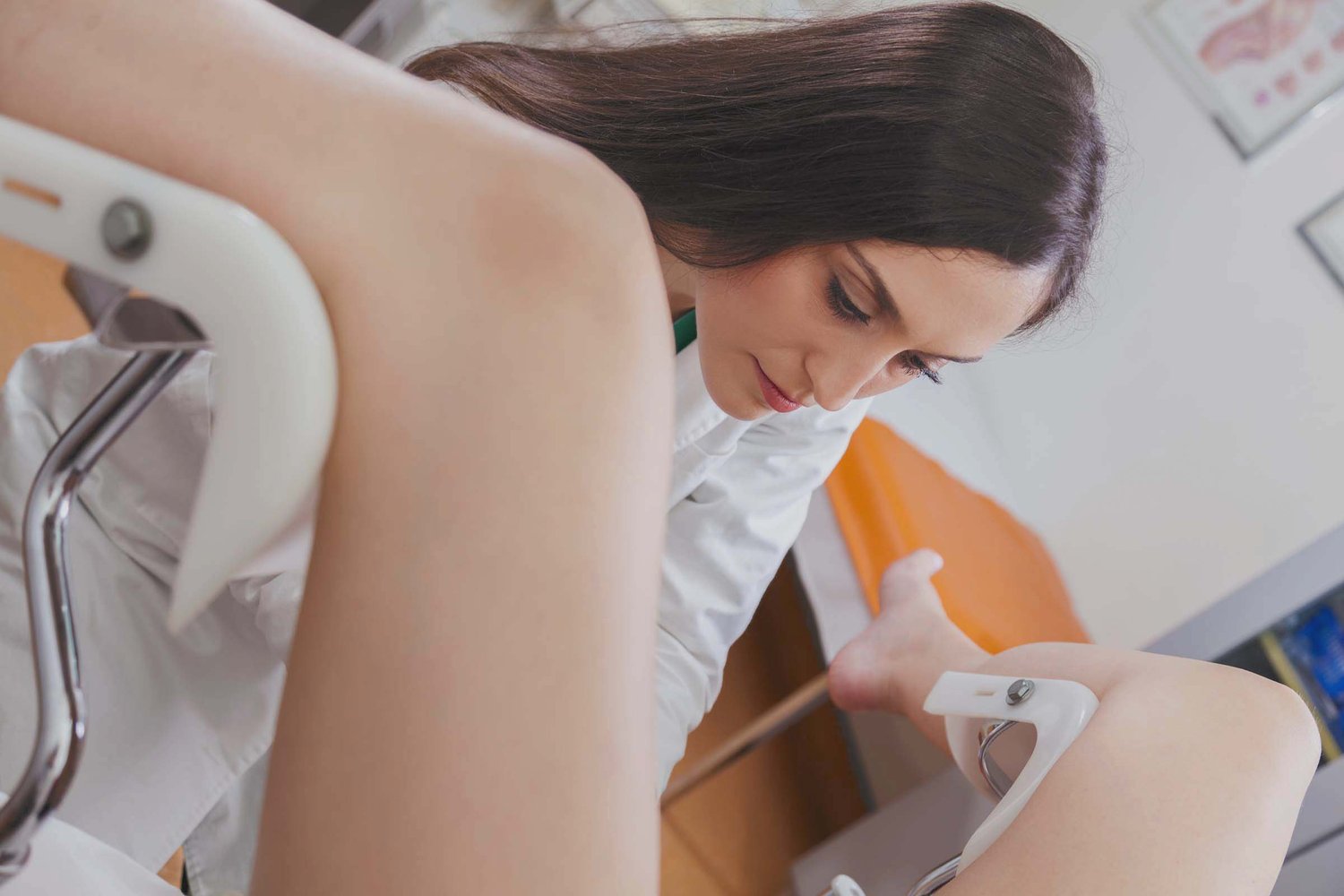[ad_1]
We’ll cover how to boost your fertility in your 30s, and provide you with helpful tips for getting pregnant. With a few lifestyle changes, conceiving can be more possible.

The quality and quantity of eggs decrease as women age, and there is no exact age to pinpoint when it happens. But, studies suggest that women’s fertility drops in their late 30s and early 40s.
The same research shows that an unwanted delay in conception affects one in six couples. Of those couples, about half will eventually conceive spontaneously or with a bit of help and advice.
Quick FAQs
Different strategies for boosting fertility in your 30s include eating a healthy diet, avoiding excessive drinking, and not smoking.
A study found that women lost 90% of their eggs by age 30, and only had 3% remaining by age 40.
Irregular periods can potentially indicate that a woman is having issues with ovulation.
Fertility experts recommend starting with simple lifestyle changes that help those struggling with infertility, including reducing alcohol intake, keeping weight within a healthy range, and eating a diet rich in unsaturated fats, whole grains, veggies, and fish.
Healthful living is just one way to address infertility. Let’s look at the different ways to boost fertility in your 30s.
How To Boost Fertility in Your 30s
You can improve your chances of getting pregnant in your 30s using a variety of natural approaches that include:
- getting weight within a healthy range (BMI)
- stop drinking alcohol
- focus on eating healthier
- reduce stress and anxiety
- don’t exercise too vigorously
- get up and move
- reduce caffeine intake
- add fertility-boosting vitamins and minerals
- stop smoking
- prevent and treat existing STIs
- avoid don’t take recreational drugs
Be at a healthy weight
Plenty of research is available that connects low and high BMI to the struggle of trying to conceive.
Women with a high body mass index (BMI) may produce more of the hormone leptin, which can lower fertility.
At the same time, women that are underweight may face fertility problems due to hormonal imbalances.
Discuss with your doctor or a licensed dietician about the impact of weight on fertility. You can come up with a plan together on how to achieve a healthy weight that makes sense for you.
Stop drinking alcohol
It’s proven that excessive alcohol consumption is linked to infertility in men. Heavy use results in sperm mobility issues.
Research on how alcohol affects fertility in women is limited and ongoing. But we do know that alcohol does have harmful effects on pregnancies.
When trying to conceive, changing to mocktails is a good strategy for how to improve fertility and prepare for a future pregnancy.
Eat a healthy diet
What you eat can help boost fertility naturally, but there’s no one magical food or beverage that will do the trick.
Focusing on whole foods that are high in unsaturated fats, whole grains, veggies, and fish can help increase the odds of getting pregnant.
- fresh & frozen fruits and vegetables
- nuts & seeds
- legumes & beans
- whole grains
- olive oil
- low-mercury fish (salmon, sardines)
- small amounts of chicken, turkey, and dairy
Diets that are high in sugar and saturated fat have been linked by research to lower fertility outcomes.
Women trying to get pregnant should avoid certain foods, such as:
- sweetened soft drinks
- ice cream, candy, & cookies
- pre-packaged salty snacks
- most fast food
Remember, it takes two people to conceive. A change in diet needs to be a two-way street.
Consult your physician anytime you start a new diet, especially when pregnant or trying to get pregnant.
Reduce stress
The link between stress and fertility has been elusive, but it’s hypothesized that emotional stress affects egg maturity. And women undergoing fertility treatment naturally experience more stress, which puts them at exceptionally high risk.
De-stressing includes delegating home and work tasks, getting at least 8 hours of sleep, and self-care.
Yoga and meditation are great ways to relax and are proven to help alleviate stress in women struggling with infertility.
Be less sedentary
According to research, physical inactivity or sedentary behavior in women can lead to struggles with infertility.
You can naturally increase the chances of getting pregnant by just adding a 30 or 40-minute walk to your routine.
Engage in less vigorous exercise
While a sedentary lifestyle can affect fertility in women, so can working out too vigorously.
One study shows that too much exercise can cause a woman’s body to skip ovulation or have implant failure.
Have a chat with your doctor about striking a balance when it comes to exercise and boosting fertility.
Reduce your caffeine consumption
You don’t have to skip your morning caffeine to boost fertility.
But, it is proven that any more than 300mg (1 cup) can decrease the odds of conceiving.
Enjoy a morning cup of coffee; just avoid all-day espresso shots when trying to get pregnant.
Add specific vitamins and minerals to your diet
Prenatal vitamins are an essential part of a healthy pregnancy and help the development of a baby’s nervous system, skin, eyes, and lungs.
You can start to fill in those nutritional gaps pre-pregnancy by taking vitamins and minerals, including:
Folic acid is recommended for women of childbearing that are trying to conceive. You can add folic acid to your diet using supplements such as Fertility Support for Her or by eating folate-rich foods like eggs, leafy greens, and berries.
A doctor can help determine any vitamin deficiencies by running blood tests. Always talk to a medical professional before beginning any supplement.
Quit Smoking
According to one study, women who smoke cigarettes have a 14% more chance of experiencing infertility than a nonactive smoker.
It takes about three months after quitting smoking to fully restore both sperm and egg production.
Cigarettes and secondhand smoke are toxins that affect hormones and ovulation. Toxins are dangerous for pregnant women and can build up in a woman’s body pre-pregnancy.
Avoid all toxins
Cigarette smoke is not the only toxin that can cause a decrease in fertility.
Overexposure to environmental toxins can cause hormone disruption and reproductive system damage in both men and women.
Dangerous chemicals and environmental toxins include:
- Fertilizers and pesticides. Chemicals made up of chlorinated pesticides, polychlorinated biphenyls, and dioxins affect fertility.
- Heavy metals, Pregnant women and those trying to get pregnant should avoid lead and mercury, including large amounts of seafood.
- Bisphenol A (BPA). Overexposure to plastics (beverage containers, plastic dinnerware, some toys) can decrease the odds of getting pregnant.
- Perfluorochemicals (PFC). Some water, grease, and stain repellents contain the chemical PFC.
- Glycol. According to a study using animal models, petroleum products can lead to poor fertility outcomes.
- Parabens. Some studies conclude that products containing parabens are harmful to pregnant women and may affect fertility.
Prevent and treat STIs
According to the Centers for Disease Control and Prevention (CDC), Chlamydia and gonorrhea are STIs that can cause pelvic inflammatory disease (PID) and infertility in women.
Chlamydia can cause a fallopian tube infection that leads to infertility. Fallopian tube infection often happens with no symptoms.
The CDC recommends that sexually active women under the age of 25 and those with risk factors such as new sex partners receive annual screenings for Chlamydia and gonorrhea.
Avoid recreational drugs
Any recreational drug use comes with the risk of harming a pregnancy. But, partaking can also decrease fertility in men and women.
For women, marijuana use can affect ovulation and reduce the chances of conceiving.
Other drugs, including benzodiazepines and opiates, can cause fertility issues and are dangerous for women already pregnant.
Have a talk with your doctor
Sometimes infertility is out of our control and can be due to an underlying health condition.
Issues such as scarring to the uterus or fallopian tubes aren’t fixable by a change in diet and require the attention of a medical professional.
Keep an open line of communication with your doctor about your fertility journey so that together you can come up with strategies and treatments that may work for you.
Takeaways
The first step to boosting fertility naturally is finding the right balance in terms of what you eat, how you exercise, and your stress level.
Getting your weight within a healthy range, eating smarter, and exercising right are easy ways to boost fertility that don’t require medical intervention.
Stopping alcohol consumption and smoking, decreasing caffeine intake, and avoiding recreational drug use are lifestyle changes that will increase the chances of conceiving spontaneously.
Don’t forget a little self-care. Reducing your stress levels, meditation, and yoga are ways to boost your mental health and fertility.
Sometimes changing your diet isn’t enough to fill in nutritional gaps. Natural supplements are available that contain some needed vitamins and minerals.
Talk to your doctor about how to increase fertility, and keep them in the loop when deciding to change your diet or start a supplement.
Related Articles
[ad_2]
Source link





